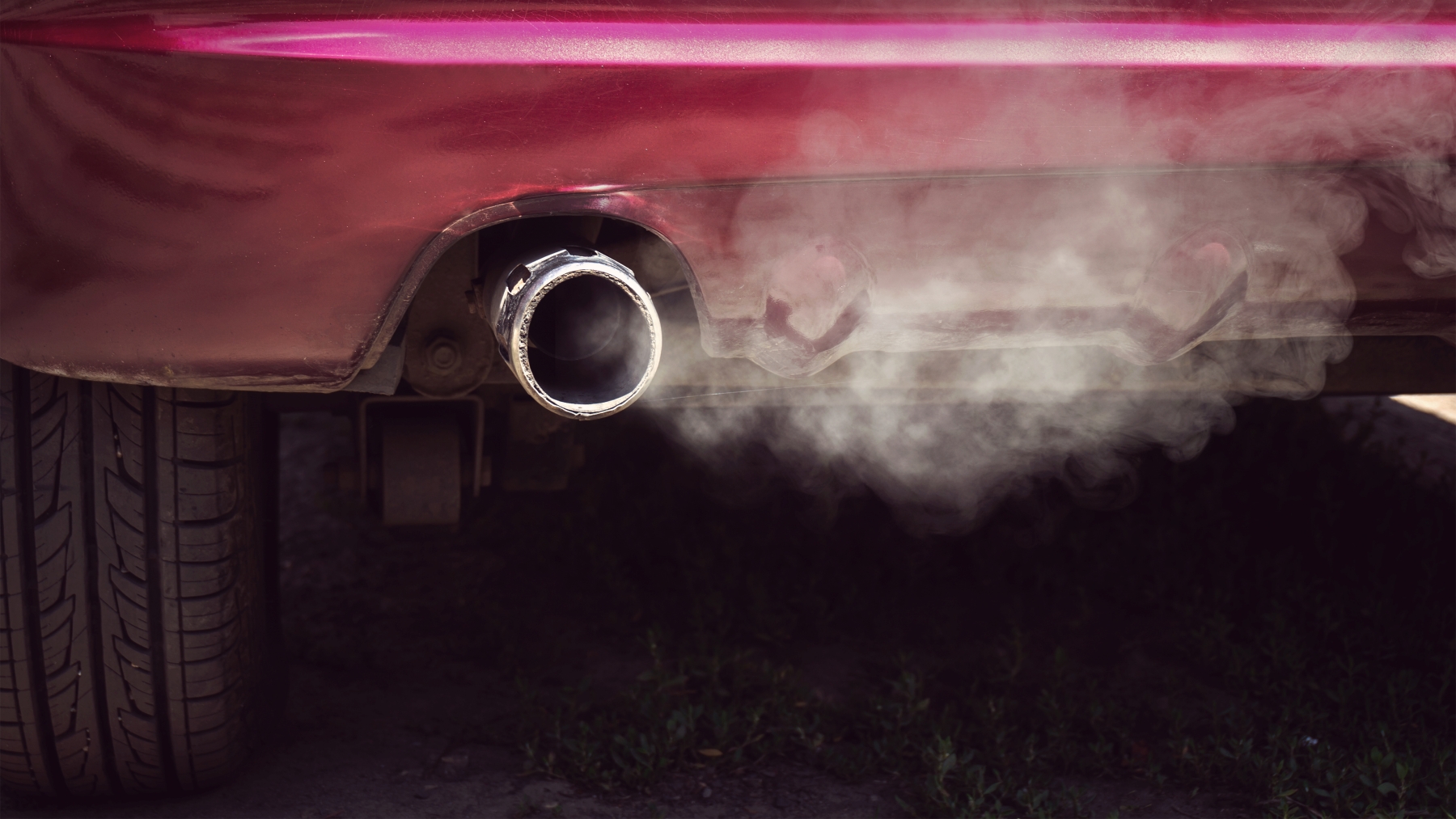
Car emissions 14% higher than advertised by manufacturers, study finds
160 days ago
3 minutes
Source: Euractiv
A recent study has revealed an 80% increase in the disparity between official and real-word car emissions over the past 5 years.
The study conducted by the International Council for Clean Transportation (ICCT) has revealed this increase despite the use of advanced testing procedures aimed at minimizing such gaps.
The ICCT, renowned for its involvement in uncovering the “dieselgate” scandal, scrutinized CO2 emission data from passenger cars across Europe and discovered discrepancies between official figures and actual emissions. The ICCT has been tracking vehicle emission disparities since the early 2010s, with the latest data revealing a notable rise. In 2022, the gap for vehicles registered in Germany rose to a reported 14%, from 8% in 2018.
Jan Dornoff, the lead researcher at ICCT, expressed concern about the widening rift, emphasizing its potential to undermine the European Union’s efforts to mitigate transport-related CO2 emissions. The study, which analyzed CO2 emission s reported by the European Environment Agency alongside real-world fuel consumption information from over 160,000 combustion engine and hybrid cars, underscores the urgent need for action.
Revised testing
Following the “dieselgate” scandal in 2015, in which major automakers such as Volkswagen were found to have used so-called “defeat devices” to fraudulently lower their emissions, European testing procedures were revised. In September 2017, the Worldwide Harmonized Light Vehicles Test Procedure (WLTP) was instituted. The test is designed to be more representative of real driving emissions than its predecessor, the New European Driving Cycle. Despite these efforts to enhance accuracy, the study indicates a persistent widening of the gap between test results and real-world emissions.
While WLTP led to a 7.3% reduction in reported CO2 emissions between 2018 and 2022, real-world emissions decreased by a mere 2.3% during the same period. Dr. Peter Mock, ICCT Europe’s managing director, advocates for a correction mechanism to ensure manufacturers meet emissions reduction targets effectively.
Under current EU legislation, new vehicles are mandated to utilize On Board Fuel Consumption Monitoring (OBFCM) devices, expected to provide more accurate data on CO2 emissions by 2030. However, the European Automobile Manufacturers’ Association (ACEA) disputes the study’s findings, arguing that OBFCM data, collected since 2021, lacks sufficient representation of real-world conditions.
The ACEA maintains that while WLTP tests aim to simulate real driving patterns, variations in driving conditions significantly impact real-world fuel efficiency. The association underscores the complexity of factors influencing real-world driving conditions, such as traffic, terrain, and weather, which may deviate from controlled laboratory environments.

LEVA EU
Campaign success
Lorem ipsum dolor sit amet, consectetur adipisicing elit, sed do eiusmod tempor incididunt ut labore et dolore magna aliqua.
Member profile
Lorem ipsum dolor sit amet, consectetur adipisicing elit, sed do eiusmod tempor incididunt ut labore et dolore magna aliqua.